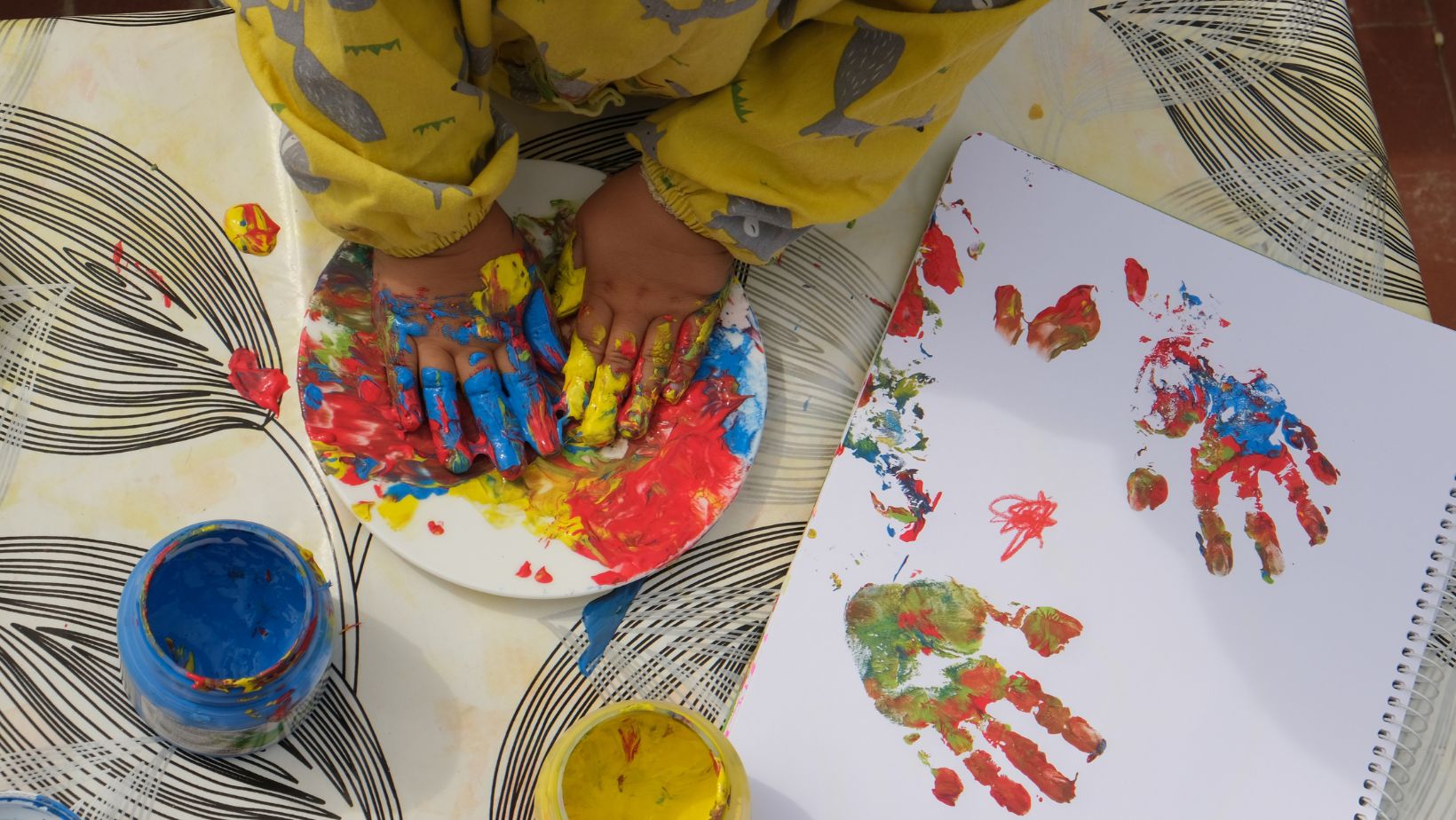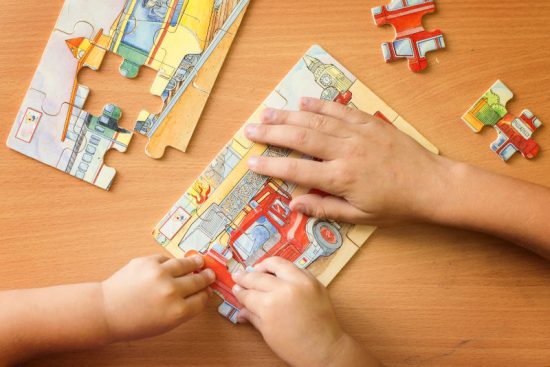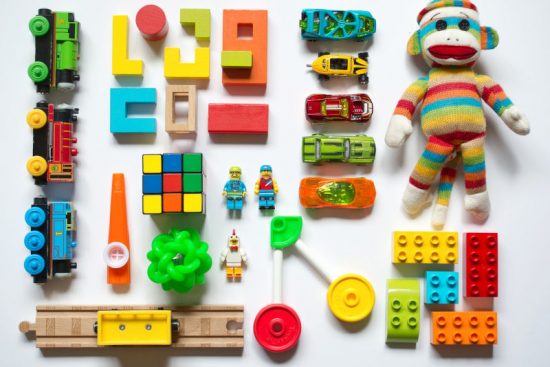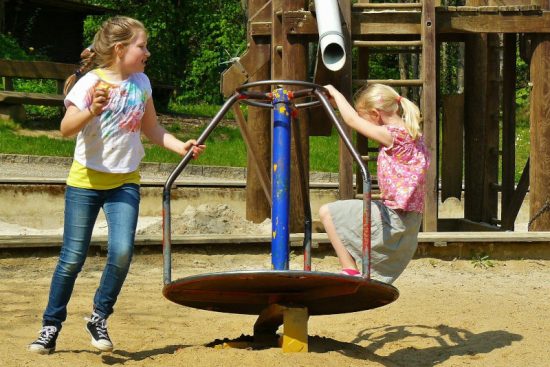
When we talk about success, we often think in terms of high school diplomas, college degrees, and career paths. But the foundation for all of that begins long before a child ever steps into a classroom. Early childhood development is not just a stage; it’s the stage. From birth to age five, a child’s brain develops more than at any other time in life. This makes the quality of child care and the kind of child learning experiences children are exposed to not just relevant, but crucial. Today, as families juggle demanding work schedules, shifting parenting norms, and the constant buzz of parenting advice online, it’s easy to overlook what truly matters during these formative years. But this is precisely when intention counts. How children play, explore, interact, and even rest shapes who they become. If you’re a parent, educator, or caregiver asking, “Am I doing enough?”—you’re already asking the right question. Now let’s dig deeper into what “enough” really looks like.
What If We’ve Been Measuring Development the Wrong Way?
Many of us were raised to think of milestones as checkboxes: first steps, first words, ABCs, numbers to ten. And while these are important, they barely scratch the surface of what early childhood development entails. It’s not just about what a child can do, it’s about how they feel while doing it. Do they feel safe? Curious? Supported? These invisible layers of experience are the true bedrock of learning.
This is where high-quality child care steps in: not as a substitute for parenting, but as a partner in nurturing the whole child. The best programs don’t just manage children’s behavior or teach letters; they create spaces where children learn to express themselves, negotiate with peers, and feel seen. This is why organizations like Bright Horizons have earned the trust of so many families. Their programs focus on holistic development, blending curriculum with care, and intentionally training staff to support both academic and emotional growth. In a world flooded with gadgets and educational apps, it’s easy to forget the power of face-to-face interaction, real play, and daily routines guided by people who care.
And here’s the thing: the data backs this up. Children who attend quality early childhood programs are more likely to succeed not just in school, but in life. They show stronger emotional regulation, better attention spans, and improved social skills. Yet, many families still choose care based primarily on cost or convenience. It’s understandable, but it’s also worth rethinking.
The Real Lessons in Early Learning Aren’t Always Obvious
When we picture child learning, we often imagine worksheets, circle time, or memorizing the alphabet. But real learning at this age is sensory, emotional, and social. It’s the toddler who learns to wait for a turn. The preschooler who expresses sadness through art. The child who feels proud after building a block tower and is told, “You did that all by yourself!” These experiences build neural pathways just as much as counting or spelling does.
In fact, recent studies show that strong early emotional and social development lays the groundwork for later academic performance. In other words, a four-year-old learning how to calm themselves after frustration is developing cognitive skills that will one day help them solve math problems or write persuasive essays. The connection between emotional intelligence and intellectual capacity is undeniable and yet, it’s rarely what’s talked about when we assess “good” early education.
This is why choosing the right care or learning environment for your child isn’t just a logistical decision but a developmental one. Whether it’s a structured daycare center, a home-based program, or family support, the key is how your child is being seen and supported in their growth. Are they being listened to? Encouraged? Given room to explore? These are the questions that matter far more than whether they can recite the months of the year.
This perspective matters even more for families in the Phoenix area, where school choice and early education options continue to grow, and parents often look for guidance from Legacytraditional.org while weighing how different learning environments support long-term development. Taking time to evaluate these options through a developmental lens helps families focus less on quick benchmarks and more on the daily experiences that shape confident, capable children.
What to Look for and What to Let Go Of
The pressure on parents today is intense. From Instagram-perfect Montessori setups to debates over screen time and language exposure, it’s easy to feel like you’re always a step behind. But when it comes to early childhood development, the truth is simpler than most of us think. Children don’t need perfection. They need presence. And that presence doesn’t have to come from just one person. That’s why finding supportive, responsive child care, whether full-time or part-time, is a critical step for many families.
Start by observing how caregivers interact with children. Do they get down on their level? Do they validate feelings rather than dismiss them? Look for environments that prioritize play, curiosity, and connection over rigid schedules or rote learning. And perhaps most importantly, listen to your child; not just their words, but their energy, their excitement (or lack thereof), and their sense of security in that space.

At the same time, let go of unrealistic expectations. Not every day will be picture-perfect. Children will have meltdowns. You will second-guess yourself. That’s okay. What matters is the trendline, not the snapshot. Consistent, loving relationships and responsive environments are what create lasting developmental outcomes—not flashcards or fancy toys.
A Challenge for All of Us
The next time someone asks what your child is learning, resist the urge to list cognitive achievements. Instead, talk about how they’re learning to listen, to feel, to try again. These are the muscles that will carry them through school and life.
Whether you’re a parent choosing a preschool, a grandparent providing after-school support, or an educator shaping young minds, your role in child learning is more profound than you think. The little things like a soothing voice, a patient explanation, a consistent routine, are not little at all. They are everything.
So here’s your challenge: reflect on how you’re showing up in a child’s early life, and what you might shift; not to do more, but to be more intentional. Could you pause more often? Ask questions instead of giving answers? Create more unstructured time? These aren’t just parenting tips; they’re building blocks for better brains and bigger hearts.
Early childhood development isn’t a race to mastery; it’s a slow, beautiful unfolding. When we focus less on outcomes and more on experiences, we raise children who are not just prepared for school, but prepared for life.




